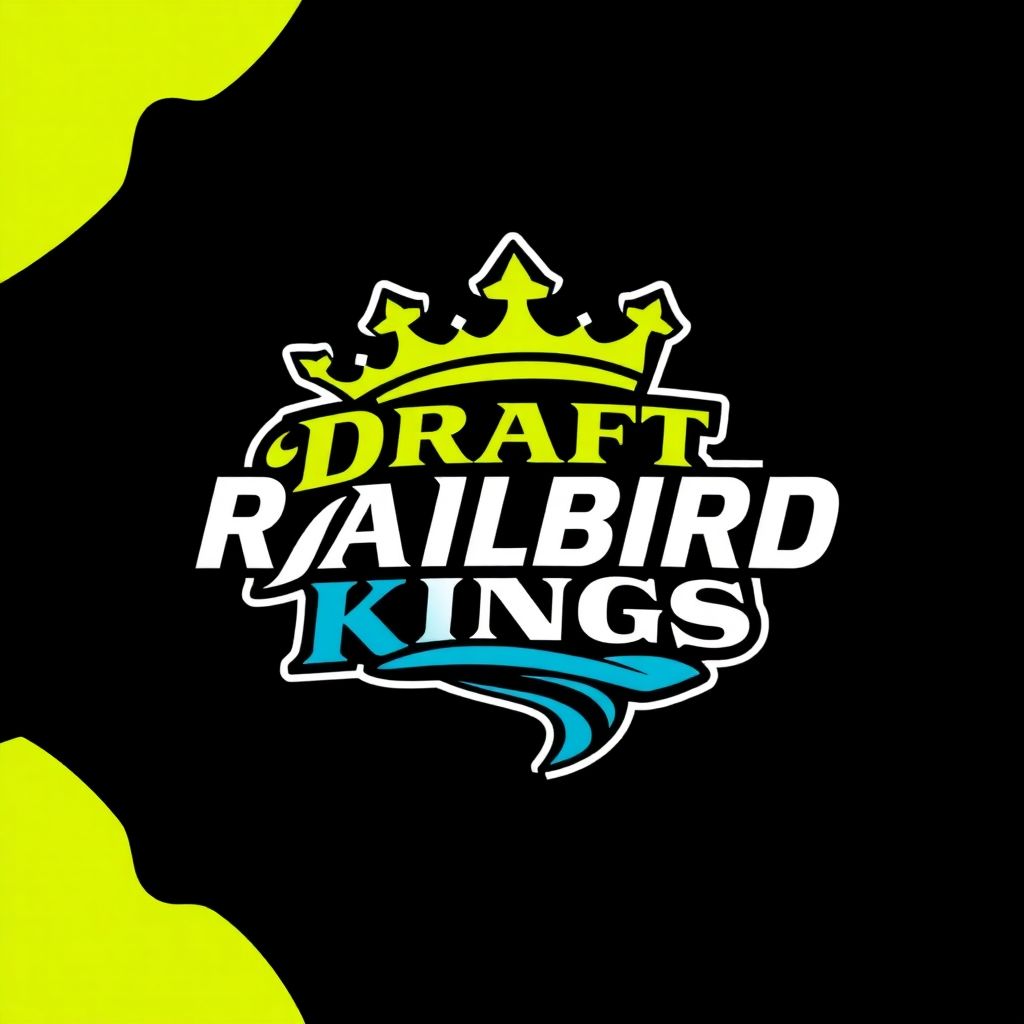DraftKings is making a bold move beyond its traditional territory of sports betting by stepping into the world of prediction markets. The company has announced the acquisition of Railbird Technologies, a platform registered with the Commodity Futures Trading Commission (CFTC), marking its official entry into this emerging sector. This strategic acquisition lays the foundation for a new standalone app called DraftKings Predictions, which will allow users to trade on the outcomes of real-world events — excluding sports, at least for the time being.
Railbird Technologies brings with it an operational license and regulatory compliance that DraftKings can leverage to fast-track its entry into this alternative form of wagering. Unlike fantasy sports or traditional sportsbooks, prediction markets let users speculate on the likelihood of future events, such as election outcomes, economic data releases, or entertainment industry developments. These markets are gaining popularity for their ability to crowdsource collective intelligence and offer a dynamic, data-driven alternative to traditional polling.
While DraftKings is synonymous with fantasy sports and gambling, this latest development signals a broader ambition to diversify its product offerings and attract a wider user base. With DraftKings Predictions, the company is targeting individuals interested in current affairs, politics, and even finance — not just sports fans. This positions DraftKings to compete with platforms like Kalshi, which has been a pioneer in regulated prediction markets, and Polymarket, which operates in the decentralized prediction space.
The decision to leave sports out of the initial product roadmap is a calculated one. Sports betting is already heavily regulated and saturated with competition. By entering the prediction market segment through non-sports events, DraftKings can test the waters, build infrastructure, and refine its user experience before potentially expanding into sports-related predictions in the future. It’s a long-term play that reflects the company’s intent to stay innovative and adaptable in a fast-changing digital economy.
In terms of technology, DraftKings will likely incorporate real-time data feeds, easy-to-navigate user interfaces, and perhaps even blockchain elements to ensure transparency and trust. While the details of the app’s features have yet to be fully unveiled, the emphasis appears to be on accessibility and compliance — two crucial factors for mainstream adoption.
This move also comes at a time when regulatory interest in prediction markets is growing. The CFTC’s involvement with platforms like Kalshi has brought legitimacy to the space, but it’s also introduced new scrutiny. DraftKings’ decision to acquire a CFTC-regulated platform rather than build from scratch demonstrates a willingness to operate within existing legal frameworks, which may give it a competitive edge.
The broader implications for the prediction market industry are significant. With a major player like DraftKings entering the scene, the space could see increased investment, innovation, and public awareness. This could lead to more defined regulations and possibly even the creation of new financial instruments based on event outcomes. If prediction markets become more mainstream, they could influence everything from political campaigns to corporate strategies, offering real-time feedback on public sentiment.
For DraftKings, this is more than just a business expansion — it’s a statement about the future of digital engagement. In an era where users crave interactivity and real-time relevance, prediction markets represent a natural extension of the gamification trend that has already transformed finance, education, and entertainment.
Additionally, this move could help DraftKings hedge against volatility in the sports betting industry. With seasonal fluctuations and legal uncertainties still shaping the sports gambling landscape, diversifying into event-based markets offers a more stable and potentially more scalable revenue stream.
It’s also worth noting how this aligns with DraftKings’ broader vision of becoming a comprehensive digital entertainment company. The integration of prediction markets with other DraftKings products — perhaps through loyalty programs, cross-platform wallets, or integrated content experiences — could create a powerful ecosystem that keeps users engaged across multiple verticals.
In summary, DraftKings’ entry into the prediction market marks a significant evolution in its business strategy. By acquiring Railbird Technologies and launching DraftKings Predictions, the company steps into a domain that merges finance, news, and entertainment — all while staying ahead of regulatory trends and consumer demand. The move reflects a forward-thinking approach that could redefine how people interact with information and place value on what might happen next.
With more tech giants and financial firms likely to monitor DraftKings’ foray into prediction markets, the race to capture this new frontier of user engagement is just beginning. The success or failure of DraftKings Predictions could very well shape the future of how we bet on, analyze, and understand the world around us.

